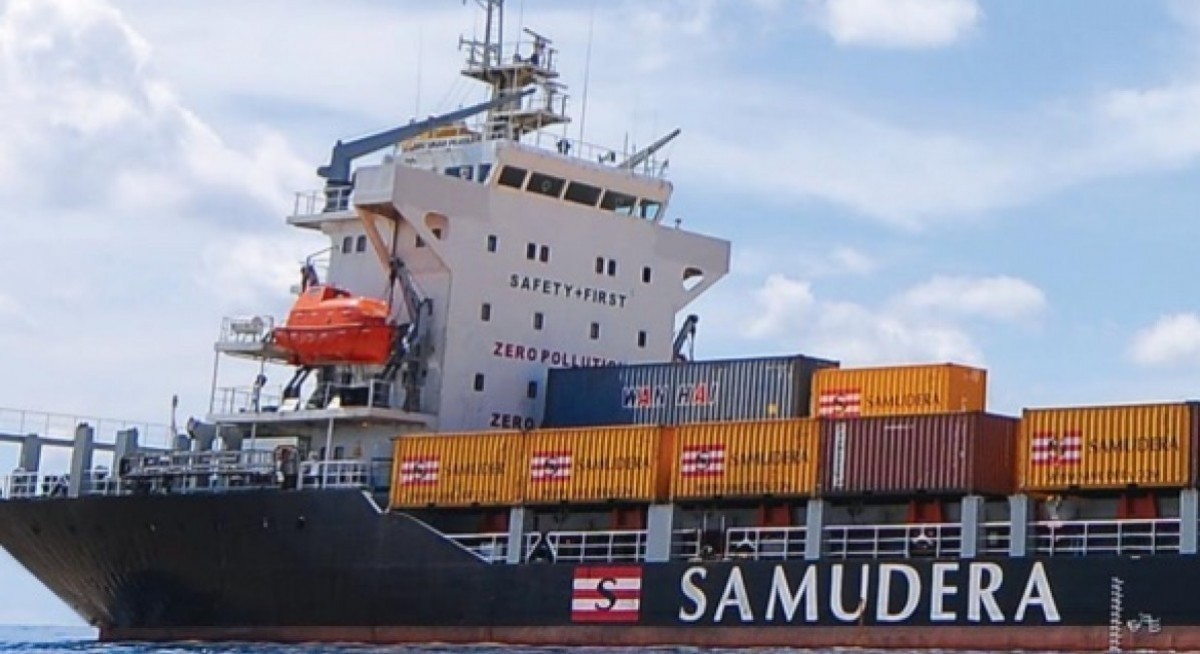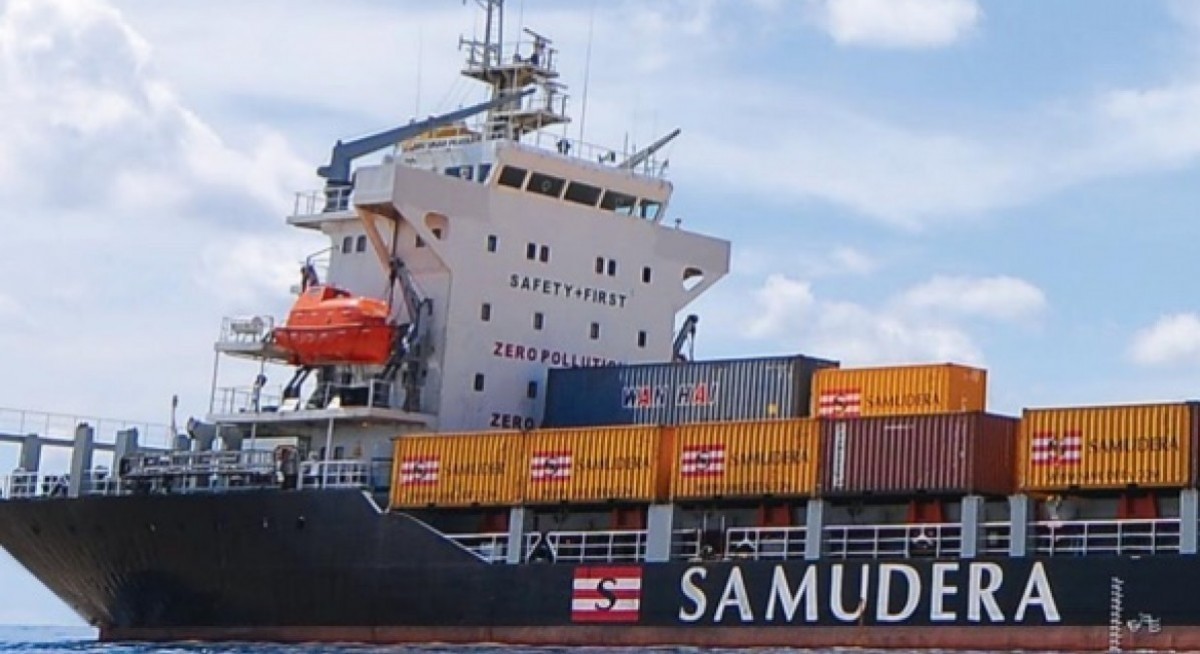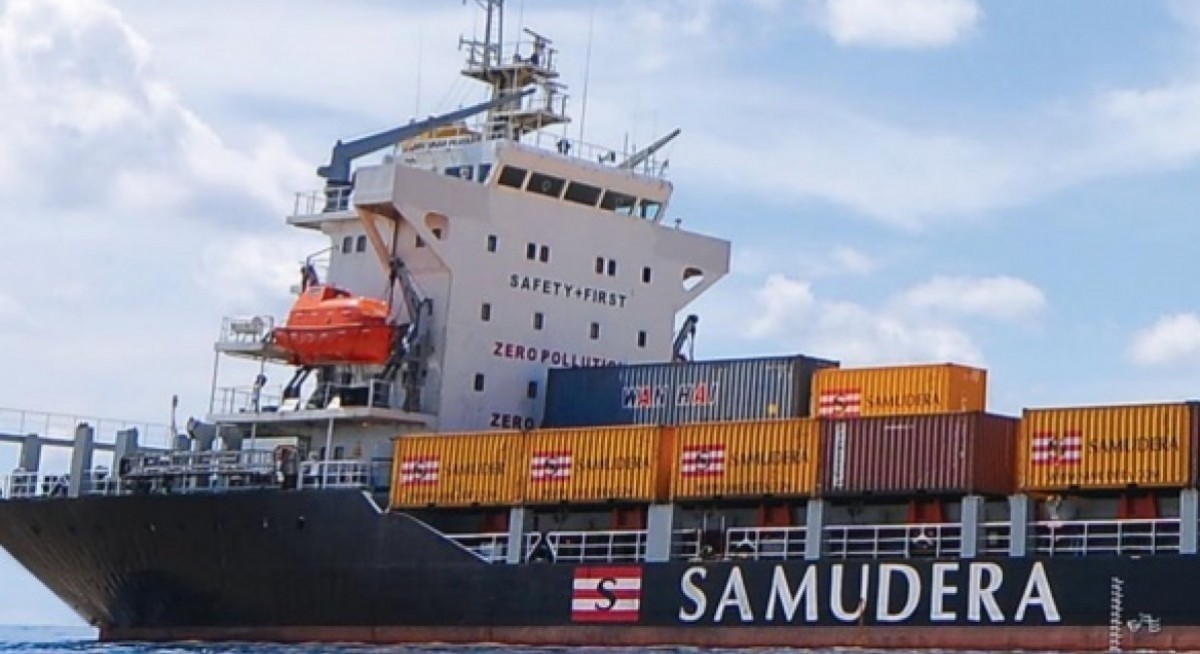
S56, Bani M Mulia, recalls the “dizzying peak” in demand for container shipping services the company enjoyed in the preceding FY2022. He calls FY2023, which turned in lower numbers, a year where “normalisation was the name of the game”. “Barring another calamitous event, we do not expect the shipping industry to return to such heights, even though volatility in supply-demand fundamentals continues,” he continues.
Yet, Samudera was able to achieve the rare feat of repeating its clean sweep at its Centurion industry sector. Having taken home all four awards in the Automobiles & Auto Parts + Transportation + Marine Freight & Logistics sector for last year’s Centurion Club, the Indonesia-based shipping line has sailed home yet again with a similar achievement.
For the three years taken into consideration for this year’s Billion Dollar Club (BDC), Samudera achieved a weighted return on equity (ROE) of 41.1%, which puts it second among all Centurion Club companies, and not merely its industry sector. Its profit after tax growth in the same period was a whopping 141%, with just three other companies putting up a better showing. Last but not least, its shareholder returns over the three years was 67.6%, which puts it in the overall runner-up position among all Centurion companies. Azeus Systems Holdings Bbw was top with 69.4%.
See also: PropNex soars, capturing greater market share amid challenging real estate climate
S68.
As indicated in the company’s most recent FY2023 annual report, its operating fleet, which comprises vessels owned and leased by Samudera, currently stands at 31. This comprises 24
container vessels, four chemical tankers and three gas tankers. In addition to operating shipping services, Samudera is actively moving into adjacent logistics services too. Such as warehousing, freight forwarding and cargo handling.
The company, despite the recent record earnings, is very conscious that it has to be prepared to run a sustainable and long-term business and not be carried away by the unprecedented boom. The company recognises it has to adapt quickly to tackle challenges arising from port congestions, rising capacity supply and fluctuating consumer demand. “Geopolitical tensions and volatility in fuelprices further compounded the complexity of doing business in this environment,” says the company’s chairman Masli Mulia in its FY2023 annual report.
See also: Shaping the future of sustainable mobility










